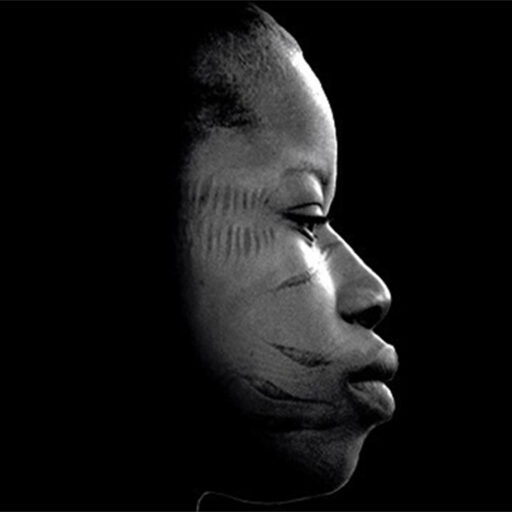A non-profit, feminist, anti-racist social organization founded and led by black women since 1992. Site: www.criola.org.br
2 Organization of the civil society of black women for the defense of Afro-descendant women because they understand that these two social segments are affected by discrimination and by disadvantages in access to social opportunities due to racism and chauvinism in Brazilian society. Site: www.geledes.org.br
3 Organization for the black movement in Brazil, besides defending the rights of LGBT people. The coalition consists of more than 200 associations, NGOs, collectives, groups and institutions. Site: www.coalizaonegrapordireitos.org.br
4 Independent monotheistic religion. Bahá’ís believes that humanity’s current and urgent need is to find a unifying vision for the future of humanity, and of the purpose and nature of life. Site: www.bahai.org.br
5 Support: Race & Equality – The International Institute on Race, Equality and Human Rights.
Introduction
In 1968, when it ratified, the International Convention on the Elimination of all Forms of Racial Discrimination, the Brazilian State formally committed itself to eradicating racism. However, the black population in Brazil still endures systematic human rights violations, whether they be civil, political, economic, social, cultural, or environmental. To this day, the black and mixed-race populations’ basic constitutional rights are denied, moreover they live in a regime founded on structural and institutional racism that sustains their extermination.
The delay in the submission of reports due to the CERD Committee (hereinafter known as Committee), whose obligation is stated in Article 9 of the Convention, demonstrates a lack of commitment. In 2004, the Committee recommended the joint submission of the 18th, 19th, and 20th reports by January 4th, 2008 (CERD/C/64/CO/2). Given the inertia of the State, in 2018, the Committee Report included Brazil in the list of State-members whose reports were seriously delayed (A/74/18). It was only on July 14, 2020 that the Brazilian State presented the reports of numbers 18 to 20, referring to the period between 2004 and 2017.
Recognizing the valuable opportunity to effectively participate in monitoring the international treaty, the organizations that integrate this joint submission seek to contribute in a concrete and strategic way so that independent specialists can accurately evaluate both the actions and omissions of the State in compliance with international human rights standards.
The effort for joint elaboration is also justified by the fact that the present “shadow report” is a useful tool for organizations in their internal advocacy efforts. Thus, this report seeks to provide information to national media and educational campaigns, raise awareness about human rights issues and racial discrimination, and influence the actors responsible to formulate public policies for better government action on racial discrimination.
The objectives of this report are to: a) evaluate the compliance of the obligations of the Brazilian State with the CERD from an analysis based on data, documents, illustrative cases, in the monitoring of public policies and actions with the higher courts of the Judiciary; b) include, in a transversal way throughout the document, the cross-sectional analysis (considering gender, race and class) of the Brazilian reality in the period between 2004 and 2022; c) expose the social, political, economic and cultural context in which racism and its consequences (racial discrimination, xenophobia, and intolerance) are inserted, especially the extermination of the Brazilian black population; d) analyze progress and obstacles in confronting racism; e) develop recommendations for combating racism, highlighting, where necessary, the financial resources for its implementation. These recommendations are at the end of each article examined and have also been gathered together in Annex 1.
Based on the material derived from the research, an analysis is presented of whether or not the Brazilian State has fulfilled its commitments with the collation of the following documents: i) International Convention on the Elimination of All Forms of Racial Discrimination; ii) last remarks made by the CERD Committee to the Brazilian State in 2004 (CERD/C/64/CO/2); and iii) Durban Declaration and Program of Action.
The report notes the specifications adopted by the Committee in document CERD/C/506 (Guidelines on the cooperation of the Committee on the Elimination of Racial Discrimination with Non-Governmental Organizations NGOs), as well as the survey and analysis of good practices adopted by civil society internationally in the work with the Committee.




